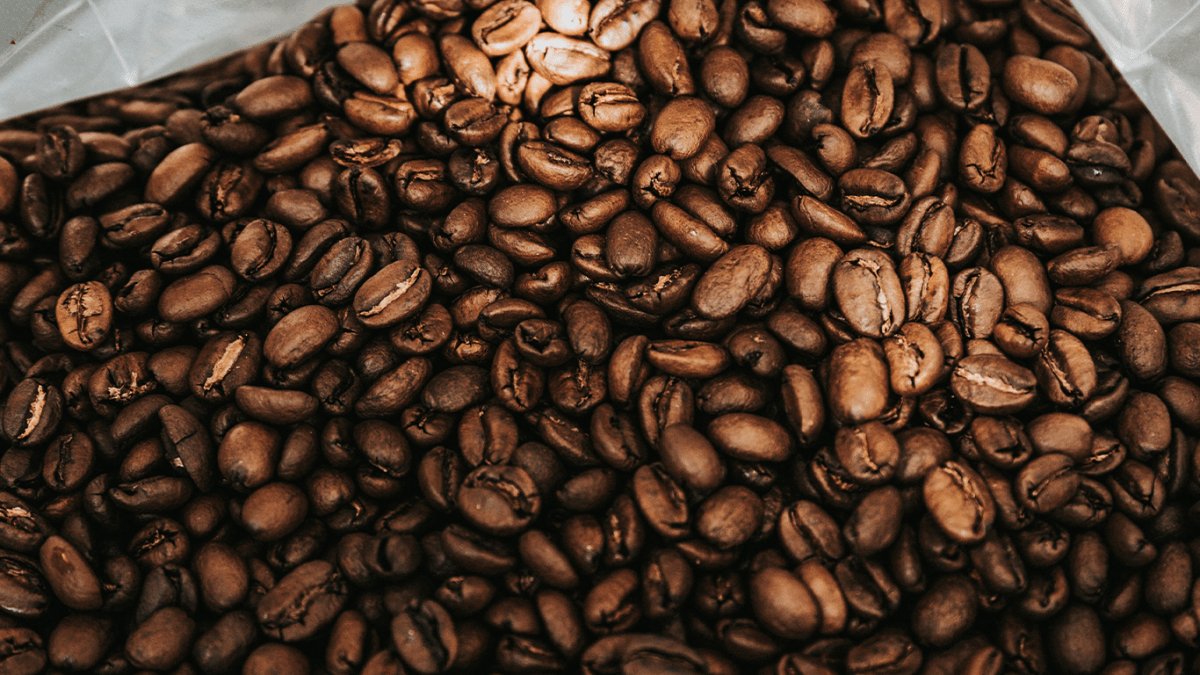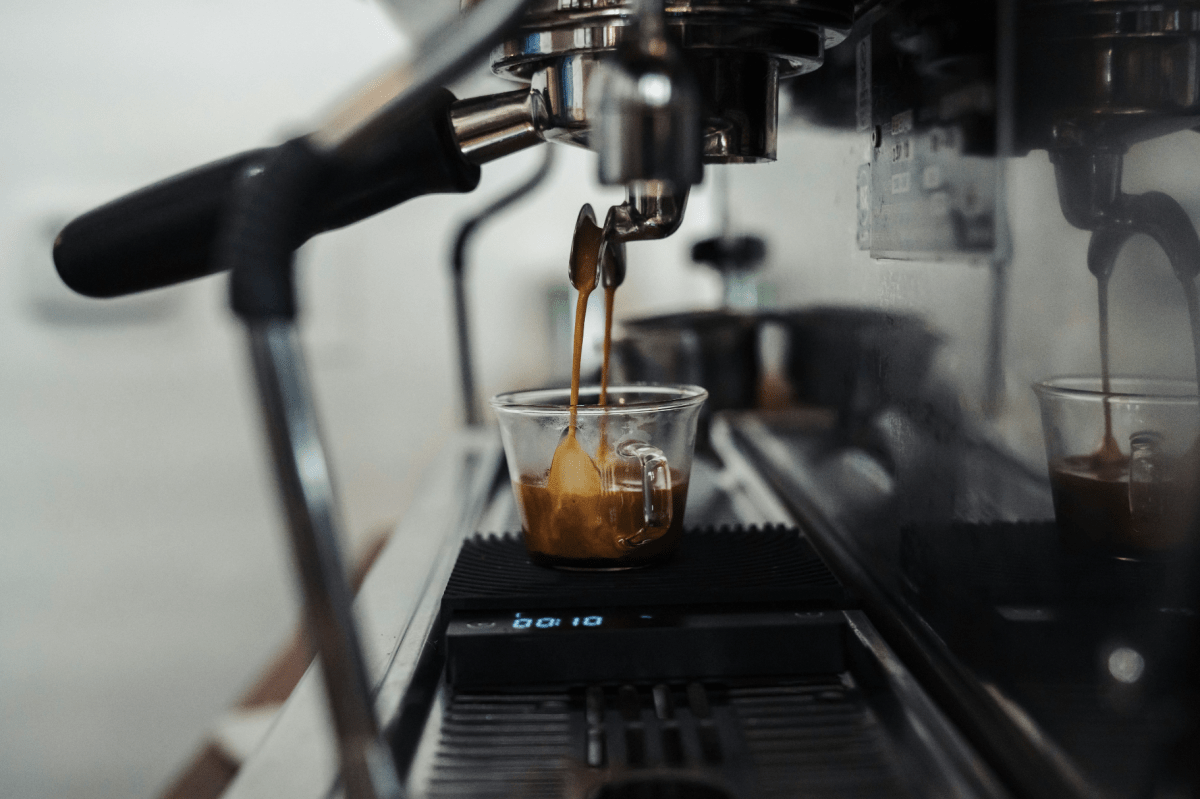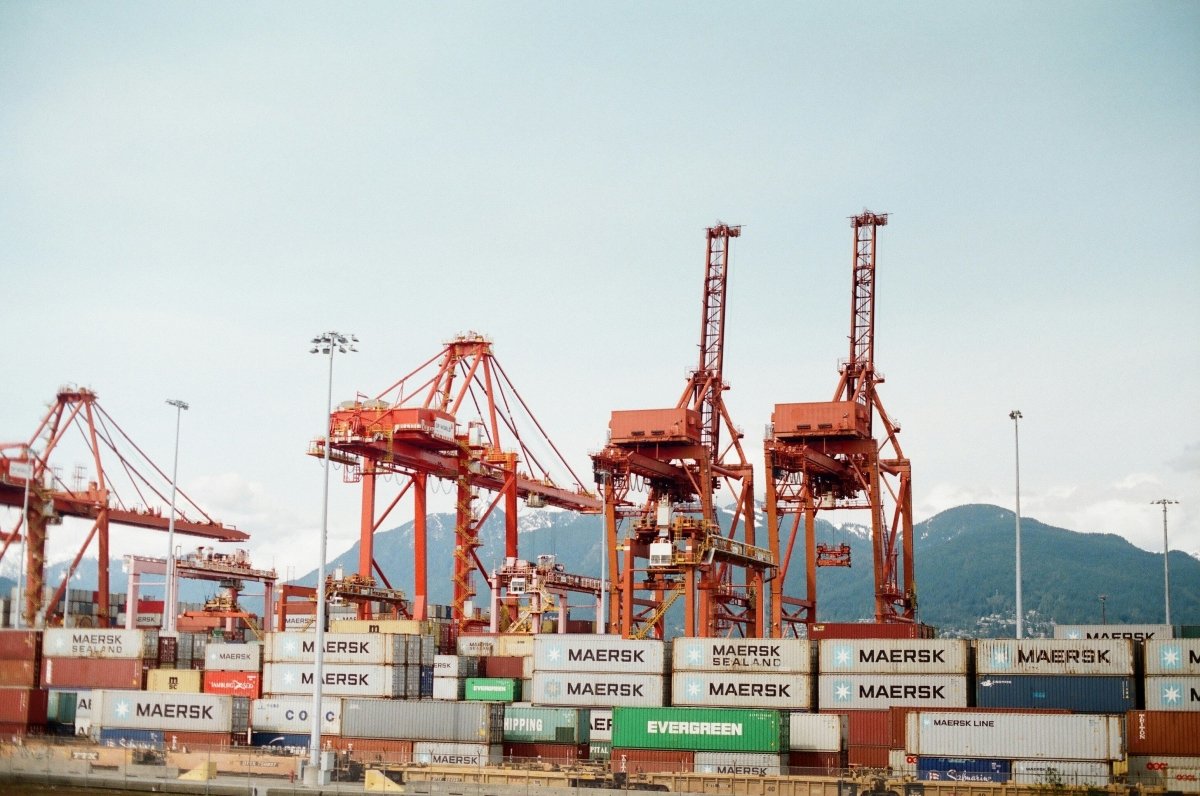DROP #4 SEPTEMBER 5, 2025 @ 12:00 PM EST
Why Is Specialty Coffee So Expensive?

Why Is Specialty Coffee So Expensive?
In recent years, specialty coffee has gained immense popularity among coffee enthusiasts. However, many people wonder why it comes with a higher price tag compared to regular coffee. Let's delve into the factors that contribute to the cost of specialty coffee and why many consider it worth the investment.
Quality Beans: The Foundation of Specialty Coffee
Specialty coffee starts with superior quality beans. These are not just any coffee beans; they represent the top 1% of Arabica beans grown worldwide. Specialty coffee is graded on a 100-point scale, with beans scoring 80 points or higher qualifying as specialty grade. This rigorous grading system ensures that only the finest beans make it into your cup.
Labor-Intensive Harvesting
One of the primary reasons for the higher cost of specialty coffee is the labor-intensive harvesting process. Unlike commercial coffee, which often uses mechanical harvesting, specialty coffee cherries are typically hand-picked[4]. This selective harvesting ensures that only ripe cherries are picked, contributing to the coffee's superior flavor profile.
Sustainable and Ethical Practices
Specialty coffee often involves direct relationships between farmers, roasters, and consumers. This direct trade model prioritizes fair compensation for coffee farmers, contributing to more sustainable and ethical supply chains. While this increases the cost, it ensures that farmers receive a fair price for their hard work and expertise.
Small-Batch Roasting and Expertise
Specialty coffee roasters often work in small batches to maintain quality control. This process requires skilled professionals who understand the nuances of different bean varieties and roasting profiles. The expertise involved in roasting specialty coffee adds to its cost but results in a superior product.
Traceability and Transparency
One of the hallmarks of specialty coffee is its emphasis on traceability. Consumers can often trace their coffee back to specific regions, farms, or even individual producers. This transparency adds value to the product and often involves additional costs in the supply chain.
Processing Methods
Specialty coffees may undergo specific processing methods such as washed, natural, or honey processing. These methods can enhance the unique flavors of the beans but require additional care and attention during production, contributing to the overall cost.
Limited Availability
Some specialty coffees are produced in limited quantities due to factors like small farm sizes or seasonal availability. This scarcity can drive up prices, especially for highly sought-after varieties.
The Cost Breakdown
To put things into perspective, let's look at a rough breakdown of costs:
- Farmers typically receive about $1-$3 per pound of green coffee beans.
- Roasting and transportation add another $3.50-$4 to the cost.
- Retail stores may add $4 or more to the final price.
Considering that most specialty coffee roasters sell 1lb of coffee for between $18 and $39, you can see how these costs add up.
Is It Worth It?
While specialty coffee is more expensive, many coffee lovers find the investment worthwhile. The unique flavor profiles, ethical sourcing, and higher quality make it an experience rather than just a beverage. As consumers become more educated about the differences between specialty and regular coffee, the demand for high-quality beans continues to surge.
In conclusion, the price of specialty coffee reflects not just the product itself, but the entire ecosystem of sustainable farming, ethical trade, expert processing, and artisanal roasting. For those who appreciate the nuances of fine coffee, the extra cost is often justified by the superior taste and the knowledge that their purchase supports a more equitable coffee industry.



